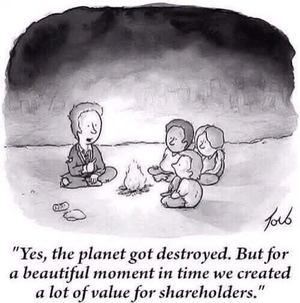The problem is larger than TikTok, and certainly won't disappear under the TikTok ban.
We need regulations that:
(a) have stronger privacy laws. I have never signed up for a Meta product. Yet their platforms undoubtedly have a profile of me that they can use for recommendations if I sign up. That's creepy, and should be illegal. They shouldn't be able to sell my data in an identifiable way to other companies.
(b) require algorithms that control presentation of data either be open source or, at the very least, completely controllable by the user. I should be able to turn off and on what data they use to drive my engagement.
I understand that this may break their revenue model. I think that is a good thing.
We need regulations that:
(a) have stronger privacy laws. I have never signed up for a Meta product. Yet their platforms undoubtedly have a profile of me that they can use for recommendations if I sign up. That's creepy, and should be illegal. They shouldn't be able to sell my data in an identifiable way to other companies.
(b) require algorithms that control presentation of data either be open source or, at the very least, completely controllable by the user. I should be able to turn off and on what data they use to drive my engagement.
I understand that this may break their revenue model. I think that is a good thing.

